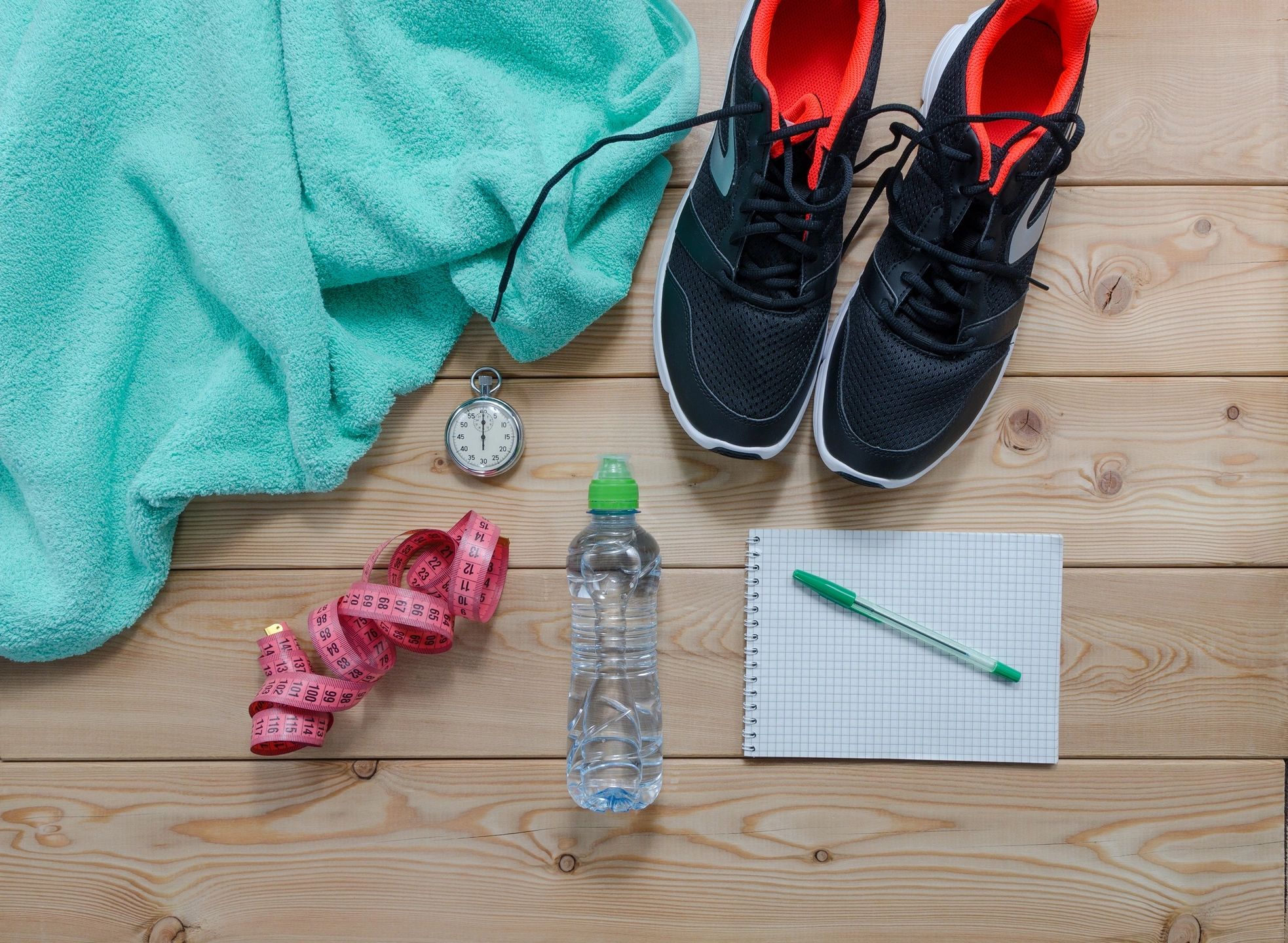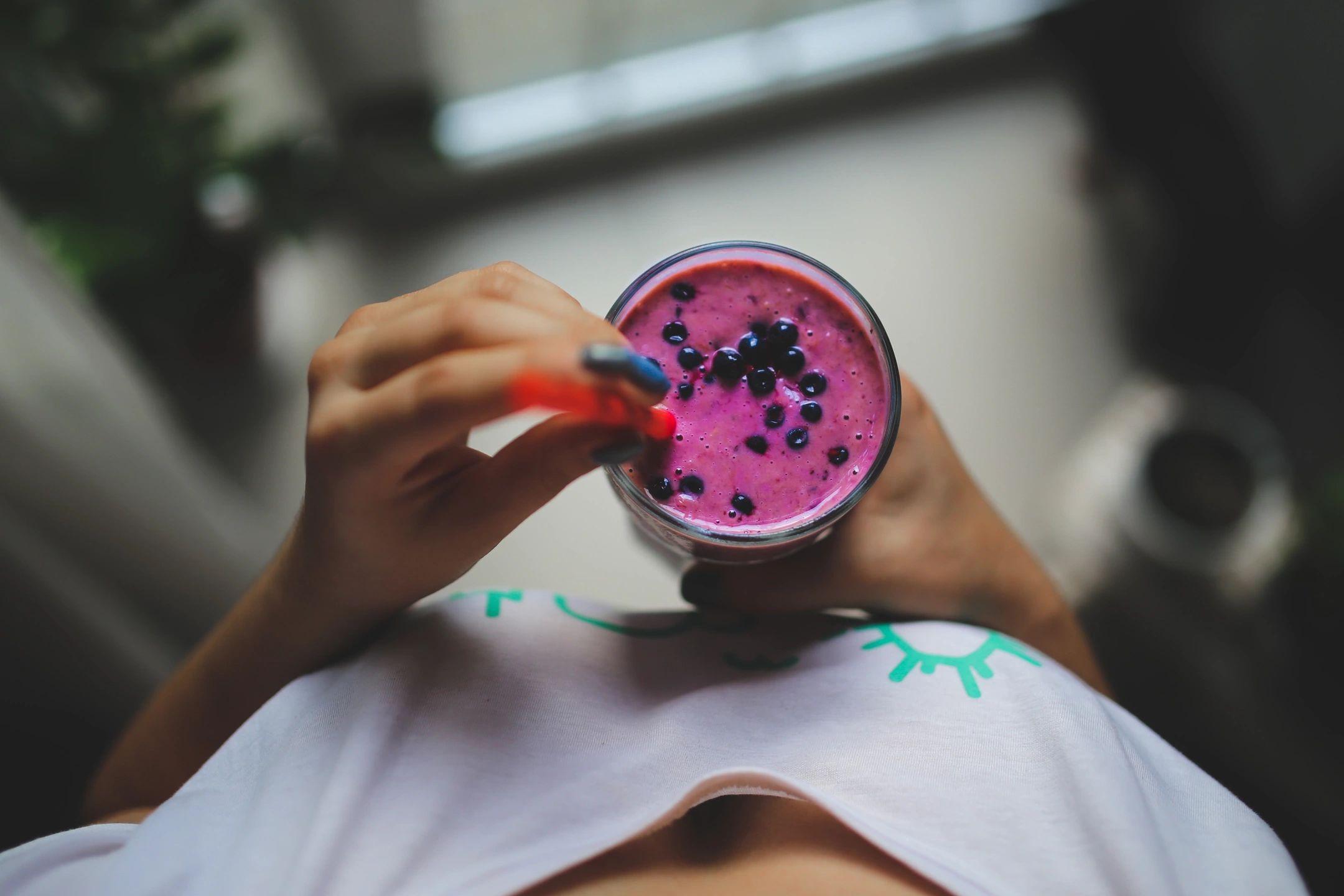
Spring Clean Your Health
With cherry blossom finally starting to bud, talk of spring and the cleaning rituals associated with it has begun. But why limit your spring clean to your house, when your own body needs a good health overhaul and declutter. Here are 5 ways to give your health the ‘spring’ in its step that it needs!
- Get moving
With the cold weather thawing out, it is time to brush off those cobwebs and engage with Mother Nature again. As well as the obvious cardiovascular benefits of exercise, we know that it also has the benefits of improving our immune system, mood, sleep, self-esteem and concentration and reducing stress and tension. But specifically exercising outdoors gives you contact with the natural world, increasing your sensory stimulation and boosting creativity. It also has the bonus of being free and easy to access and increases our vitamin D levels from the sun. If going for a jog isn’t your thing, it has been shown that gardening can burn up to 256 calories and hour, so perhaps now is the right time to start tending to those crocuses. Unfortunately we can’t always rely on the British spring time to be sunny and dry, so if you are stuck at home, remember that vacuuming will also burn 170 calories an hour, so your spring clean is killing two birds with one stone. - Diet
People tend to gain an average of 5 pounds during the winter months, usually due to inactivity but also because it tends to be a time for more hot cocoa, wine and hearty stews and casseroles. Now it’s no longer winter and you’re not loading up on calories “to keep you warm”, start to stream line your diet again and introduce fresh, vibrant, lighter and brighter meals. Spring is an amazing season for fresh produce with certain foods like asparagus, artichokes, peas, mussels, cod, to name a few, all reaching their absolute peak. So becoming inspired to find healthy ways to lightly cook and enjoy the produce is so important in that step towards a good nutritional balance and ditching ultra-processed foods. - Clean out your medicine cabinet
Medicines play an important role in treating many conditions and diseases, but when they are no longer needed we tend to stash them in a cupboard. Over 70 million expired medicine products are kept in UK cabinets. Keeping them out of direct sunlight and in a dry place is also important, as they are unlikely to be as effective having sat on your window sill all year. However if you do decide you need to reach for the meds again, please ensure they have not expired. If they have you will need to dispose of them appropriately to help reduce harm from accidental exposure or intentional misuse. One in four people have knowingly taken expired medications in the UK. If it doesn’t say how you dispose of them safely in the leaflet, please take them to your pharmacist who will gladly do it for you. - Prepare yourself for allergy season
That wave goodbye to winter isn’t always a good thing for everyone, as we welcome in hayfever season. With this come the persistent sneezing, coughing, runny nose, itchy eyes and throat. It is usually worse between late March and September, but the counts are the highest when the weather is warm, humid and windy. If you are a sufferer, prepare yourself by checking the pollen forecast and stock up on antihistamines and nasal sprays. You can help yourself by vacuuming regularly and dusting with a damp cloth, and by keeping windows and doors shut when you are indoors. It would also be useful to put Vaseline around your nostrils and wear sunglasses to avoid the pollen from getting into your nose and eyes. If you have particularly severe hayfever that doesn’t respond to the standard treatments, you may benefit from immunotherapy to slowly build up your immunity to the pollen, but it needs to be carried out in winter time, so you have sadly missed the boat for it this year. - Focus on sleep
With daylight saving time “springing” the clocks forward by an hour, you may be annoyed to know that you will be getting one hour less sleep. Our body’s circadian rhythm will of course adapt within days, but I suggest we use this (slightly annoying) opportunity to reset our own sleeping habits. Go to bed and set your alarm so that you are getting an average of 7-8 hours of sleep a night, wake up at the same time every day (yes, even on weekends) and stop pressing that snooze button. With the earlier sunrises you may even find it difficult to sleep till your alarm, and if that is the case consider blackout curtains or sleeping masks, but personally, I would suggest embracing those early mornings! If you’re also being woken up too early by the birds chirping outside your window, consider background noises, like white noise machines, to help neutralise and mask their tweets.


